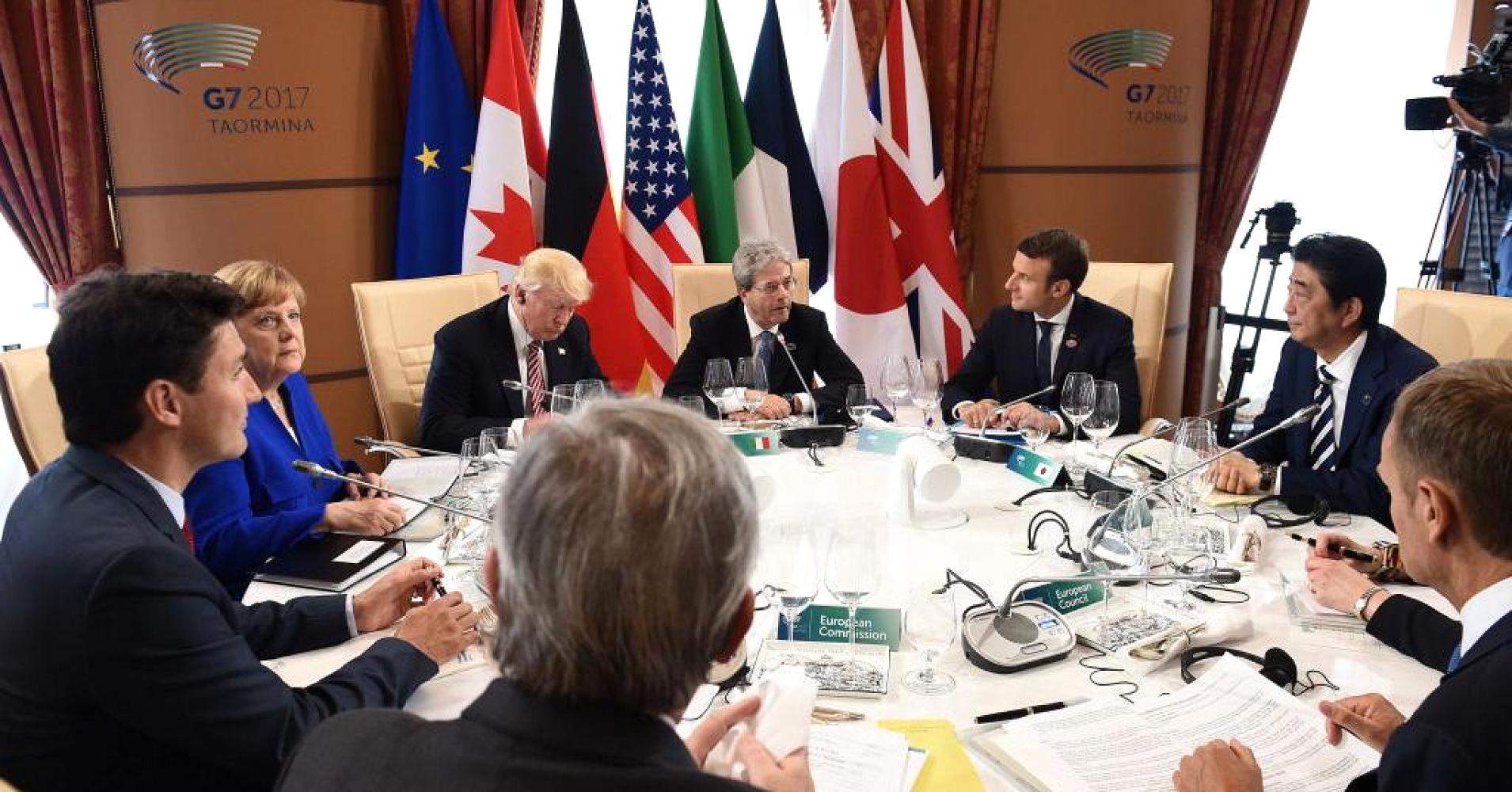
Instead of relying on tariffs, the U.S. should partner with its allies to restrict Chinese investment in certain sectors, until those same sectors are opened up to Western investment in China, the former U.S. ambassador to China said.
The fact that Chinese investments worldwide are increasing gives the U.S. some leverage, according to Gary Locke, who was then-President Barack Obama’s top diplomat in Beijing for more than two years. The U.S., he told CNBC, can push for access to Beijing’s market by threatening to close the global investment opportunities China now enjoys.
“I really believe the United States has to partner with our allies and other countries that have similar grievances toward China and basically say Chinese can’t invest in sectors of the U.S. economy or foreign economy unless those same sectors are open to foreign investment by Americans or the EU countries or other Western countries,” Locke said.
Washington has legitimate concerns and grievances against China’s trade policy, which includes the theft of American companies’ intellectual property, the requirement of joint ventures for American companies looking to do business there, as well as many sectors of the Chinese economy being off-limits to foreign investment, Locke explained.
“We really need to have reciprocity and we really need to join together and take a united stance. That will get the attention of China because China, even if they can’t invest in the United States, they are going to want to invest in Canada, or Germany, or Great Britain, or other parts of the EU. And so if all these other countries start to restrict Chinese investment, the Chinese will certainly get the message,” he told CNBC’s “Squawk Box.”
On the other hand, tariffs could backfire and “get out of control,” resulting in Beijing tightening its economy instead of opening it up, Locke said.
“It’s not really the type of action that we need to correct the Chinese abuses that are rampant. So I really fear that in the end, it’s not going to address the underlying problem, and number two, American consumers and American jobs will be lost,” the former ambassador said.
Furthermore, the White House’s tough stance could push Chinese investment away from the U.S. commodities market, as China could choose to purchase from other countries instead.
“The problem is the more [President Donald Trump] escalates this, the Chinese are going to close ranks. They are going to show that they are tough. They can’t be seen as being weak and being bullied by an American president,” Locke said, adding that would end up hurting U.S. companies and consumers even more.

